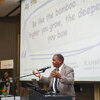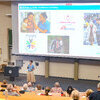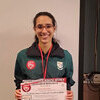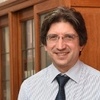The IDM seeks health innovations in infectious diseases
23 July 2024 | Story John Woodland and Yulisha Naidoo. Read time 7 min.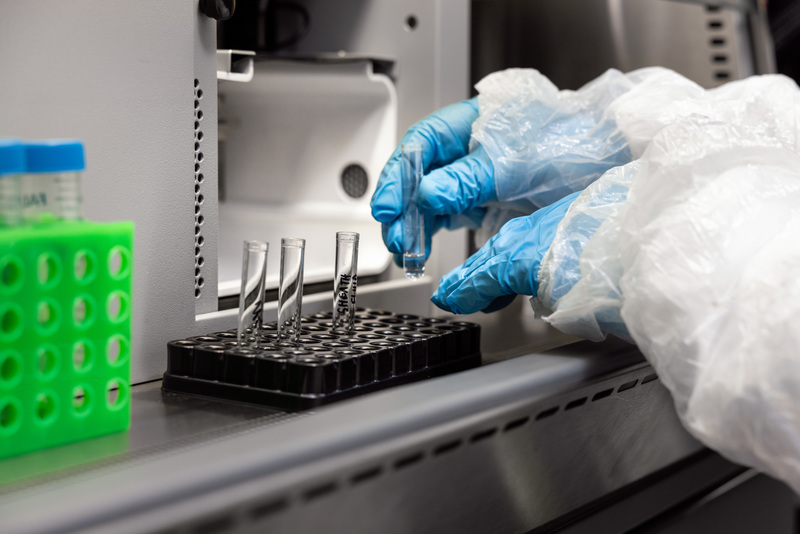
The University of Cape Town’s (UCT) Institute of Infectious Disease and Molecular Medicine (IDM) gears towards 20 years of remarkable contributions from IDM researchers dedicated to tackling diseases prevalent in Africa. The transformative impact of the institute’s work on global health is highlighted through the work of three young fellows.
Dr Simon Mendelsohn, an IDM Fellow, joined the South African Tuberculosis Vaccine Initiative (SATVI) in 2017, focusing on clinical trial investigation. His journey began with completing his MBChB at UCT, followed by work as a medical doctor in TB-HIV co-endemic high-burden areas like in Mpumalanga. He later collaborated with Médecins Sans Frontières to formulate TB programs in Malawian prisons.
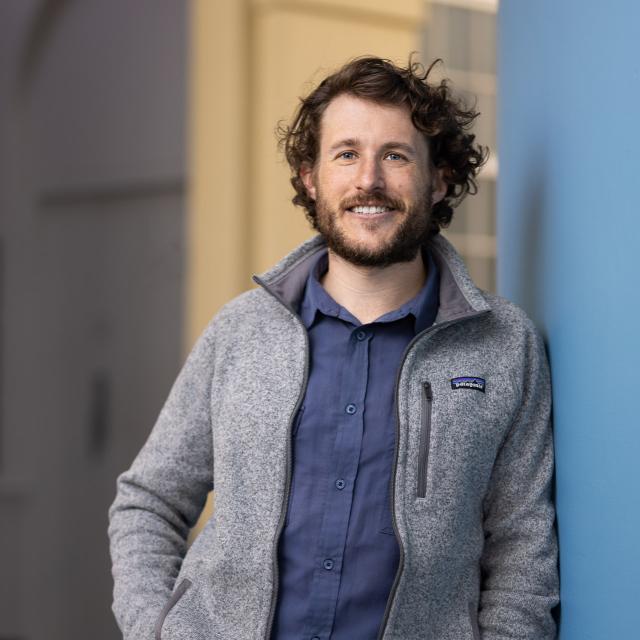
“The IDM is an inspiring place to work with a plethora of world-leading immunology and microbiology TB researchers, with phenomenal facilities and resources to boot.”
Driven by the need for improved diagnostic tools, Dr Mendelsohn focused on developing novel tests for diagnosing Mycobacterium tuberculosis (M.tb) infection and early pre-symptomatic TB disease.
“The IDM is an inspiring place to work with a plethora of world-leading immunology and microbiology TB researchers, with phenomenal facilities and resources to boot. The proximity of our study participant cohorts [in the communities we serve], to our laboratory infrastructure, makes our work that much more clinically important and relevant.
“We can design our experiments from participant recruitment through to lab assay. But, most importantly, the IDM fosters an environment of collegiality and collaboration,” he said.
More than infectious disease
Tuberculosis, HIV/AIDS and COVID-19 formulate three of the institute’s five main thematic disease areas. The fourth research pillar is called other infectious diseases and includes sexually transmitted infections and various viral, parasitic, fungal, and helminthic infections. Additionally, this research pillar explores the microbiome, vaccine design, antimicrobial resistance, and drug discovery.
Non-communicable Diseases (NCDs) are the final research pillar of the five main thematic disease areas. NCD research includes the exploration of cervical and other prevalent cancers, and sickle cell disease. Eye, hearing-related illness, cardiovascular, and psychiatric disorders form part of this research pillar and many of these illnesses are underpinned by developments in bioinformatics and computational biology.
The Holistic Drug Discovery and Development (H3D) Centre, an extramural unit of the South African Medical Research Council and directed by IDM member, Professor Kelly Chibale, is home to IDM fellow, Dr Kathryn Wicht.
Dr Wicht embarked on an unconventional path to becoming a medicinal chemist and malaria biologist. Despite initially diverting from biology studies in high school, she honed her biological skills through antimalarial drug discovery research during her postdoctoral years, leveraging her chemistry background from UCT.
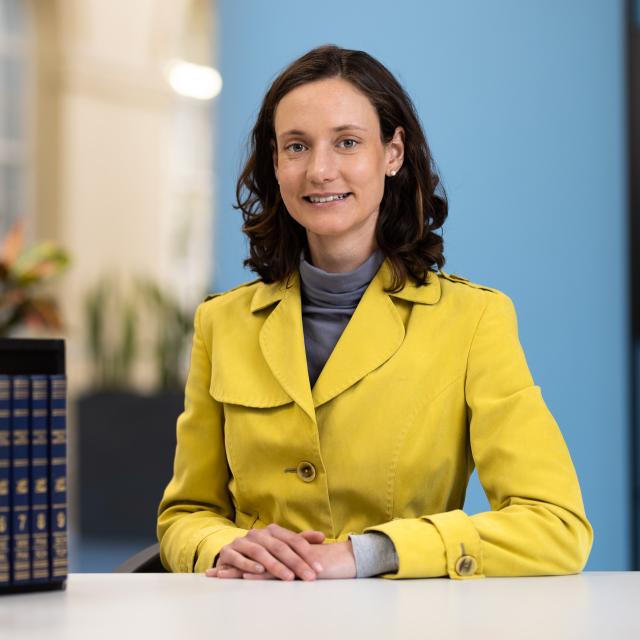
“I am invited to participate in events which allow me to network with other IDM fellows and members, as well as opportunities for recognition of my work and that of my students.”
Her significant personal and professional growth occurred during research stints abroad, notably at Vanderbilt University and Columbia University Medical Centre.
Wicht’s research focuses on understanding the biological mechanisms underlying drug resistance in the most harmful human malaria parasite. She is dedicated to identifying new drug targets and combinations for future malaria treatments.
About being an IDM Fellow, she said: “I am invited to participate in events which allow me to network with other IDM fellows and members, as well as opportunities for recognition of my work and that of my students. This makes the possibilities for collaboration and synergistic sharing of facilities much more accessible to me, especially since I am based on a different campus from most of the IDM laboratories.”
A desire to work on computer software and hardware to understand the complexity of biological systems is what inspired another early-career researcher and IDM Fellow, Dr Musalula Sinkala: “My motivation stems from a deep-seated curiosity and the potential to make meaningful scientific contributions. My research focuses on computational biology, particularly in cancer genomics and artificial intelligence (AI) applications in medicine.”
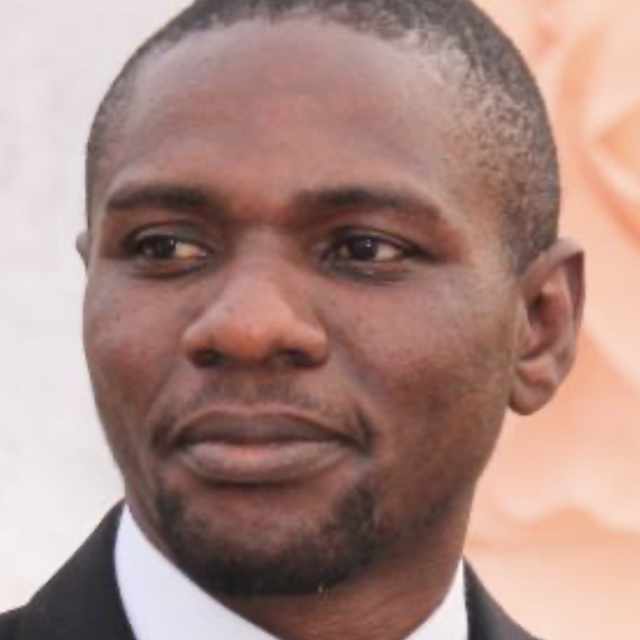
“I like to think this work is vital for advancing personalised medicine and developing targeted therapies, ultimately benefiting patients and communities.”
Looking forward
For the last 11 years, the IDM thrived under the dedicated stewardship of Professor Valerie Mizrahi, a highly decorated Molecular Biologist and committed leader. She was recently appointed as a Professor: Research Specialist at UCT and awarded a lifetime fellow honour from the American Association for the Advancement of Science.
At the beginning of this year, the institute welcomed its fourth director, Professor Digby Warner. While Prof Warner brings a fresh new perspective to the leadership of the institute he is not new to the IDM community – being a full member. In fact, he is a seasoned researcher at the MMRU – Molecular Mycobacteriology Research Unit (accredited by UCT’s Research Committee and based at the IDM).
Warner’s leadership ushers in a new chapter for the IDM, an outstanding model for collaborative research and accounting for one-third of UCT’s research income and an impressive component of its research output.
These remarkable contributions are driven by hundreds of exceptional scientists from across the university’s faculties who, together, continue to elevate the world-class standing of the institute as a place where diseases of importance to the African continent are tackled for, and by, her people.
Read the first article in the series.
Read the second article in the series.
 This work is licensed under a Creative Commons Attribution-NoDerivatives 4.0 International License.
This work is licensed under a Creative Commons Attribution-NoDerivatives 4.0 International License.
Please view the republishing articles page for more information.
Faculty of Health Sciences News

Renowned cancer scientist Prof Sharon Prince has been honoured with the 2025 A.G. Oettlé Memorial Award for her pioneering research, leadership and dedication to developing affordable cancer therapies in South Africa.
23 Dec 2025 - 5 min read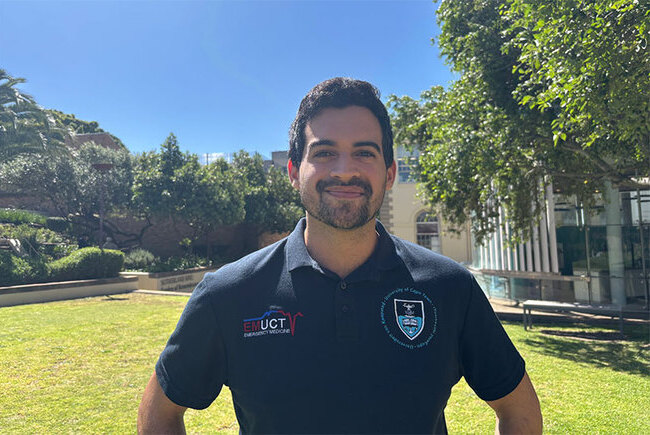
Emergency Medicine lecturer Wesley Craig applied his training in emergency care to rescue a patient who had gone into cardiac arrest at his gym. He recounts his experience and emphasises the importance of acting in spite of fear.
18 Dec 2025 - 4 min read


